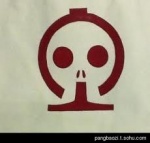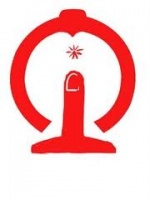“Ministry of Bullying”的版本间的差异
来自China Digital Space
| 第7行: | 第7行: | ||
[http://chinadigitaltimes.net/2013/03/who-benefits-from-railway-ministry-spin-off The ministry was disbanded during the 2013 National People’s Congress.] | [http://chinadigitaltimes.net/2013/03/who-benefits-from-railway-ministry-spin-off The ministry was disbanded during the 2013 National People’s Congress.] | ||
| − | <feed url="feed://chinadigitaltimes.net/china/ministry-of-railways/feed/" entries=" | + | <feed url="feed://chinadigitaltimes.net/china/ministry-of-railways/feed/" entries="15"> |
== [{PERMALINK} {TITLE}] == | == [{PERMALINK} {TITLE}] == | ||
'''{DATE}, by {AUTHOR}''' | '''{DATE}, by {AUTHOR}''' | ||
2014年3月11日 (二) 21:25的版本
霸道部 (Bàdào Bù): Ministry of Bullying
A play on “Ministry of Railways” (铁道部 Tiědào Bù), which came under close public scrutiny in 2011. Former Railway Minister Liu Zhijun was investigated for corruption; local ministry officials were alleged to be complicit in the death of a college student on a train; and most significantly, accusations flew that the ministry’s lax oversight allowed the Wenzhou train crash to occur.
Controversy had already stirred in December 2010, when the ministry announced that economy class train tickets would be refunded if the passenger arrived late for his/her train. No similar restriction applied to those who held tickets for high speed trains.
The ministry was disbanded during the 2013 National People’s Congress.
<feed url="feed://chinadigitaltimes.net/china/ministry-of-railways/feed/" entries="15">
[{PERMALINK} {TITLE}]
{DATE}, by {AUTHOR} </feed>







